
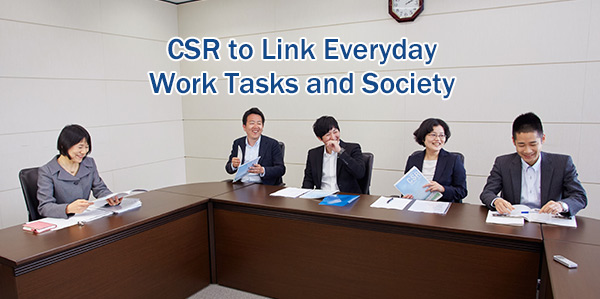
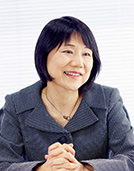
Facilitator
IntegreX Inc.
President
One Akiyama
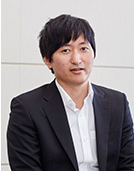
Yokkaichi Plant
Manufacturing Department
Masato Tateyama
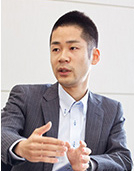
Headquarters
Business Planning Department
Hiroshi Hara
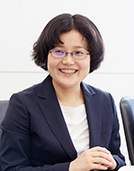
Yokkaichi Plant
Research and Development Department
Kaori Sakai
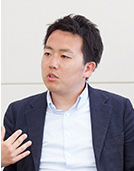
Headquarters
Corporate Planning Department
Yuuki Kurosawa